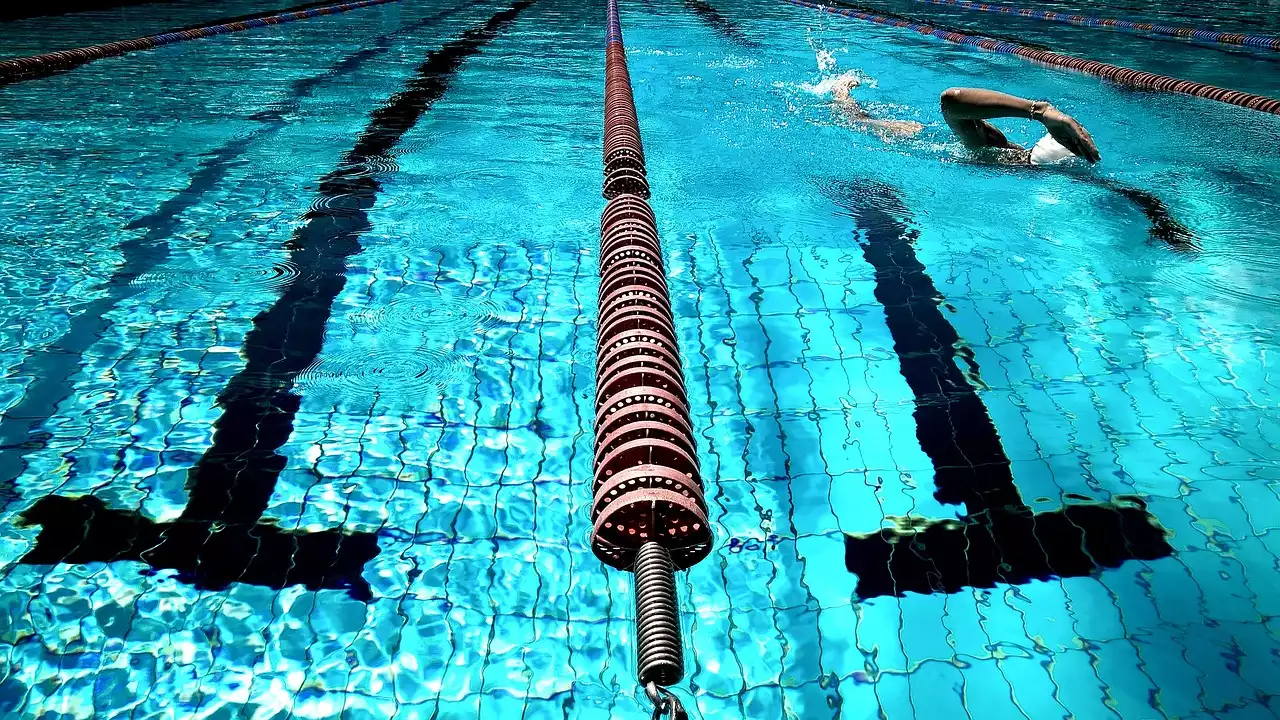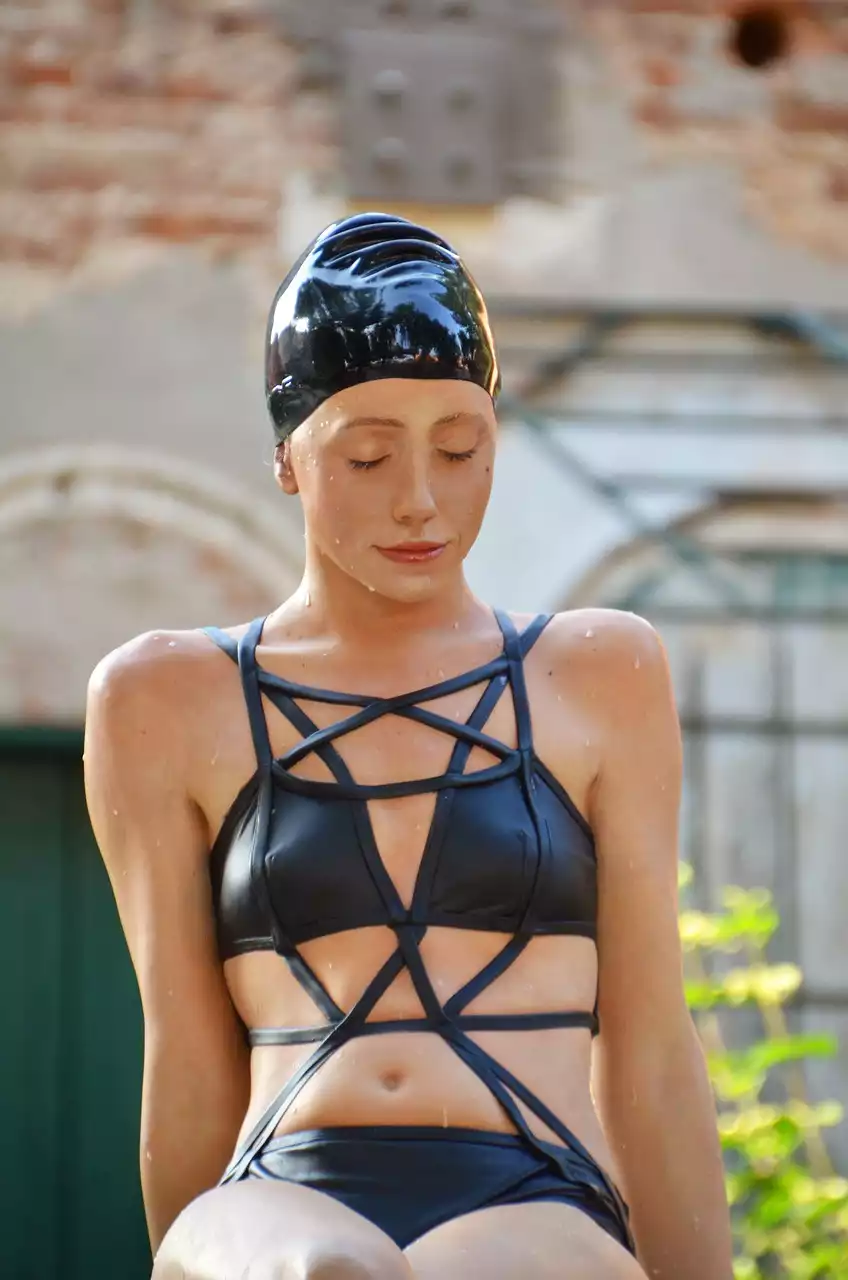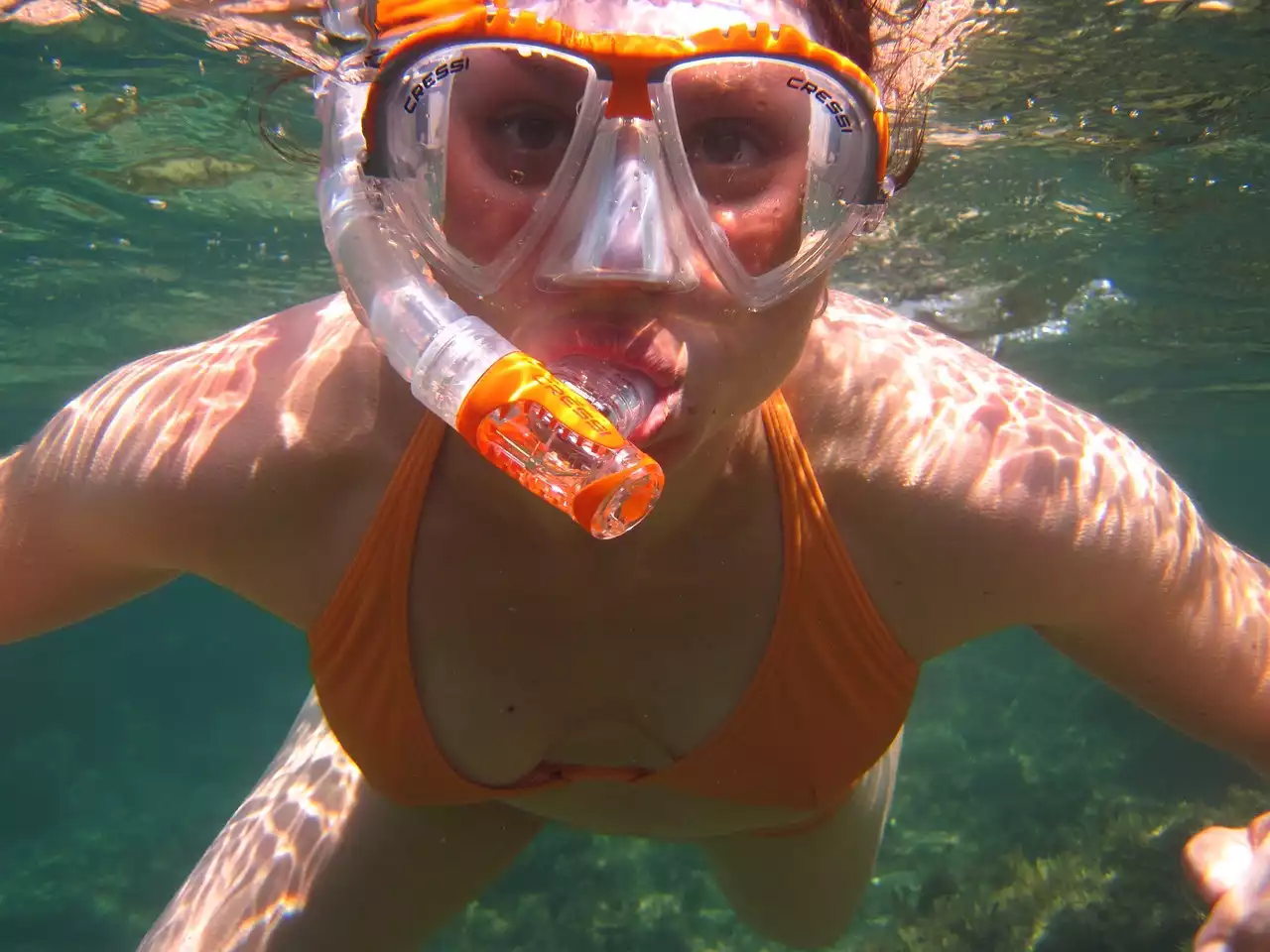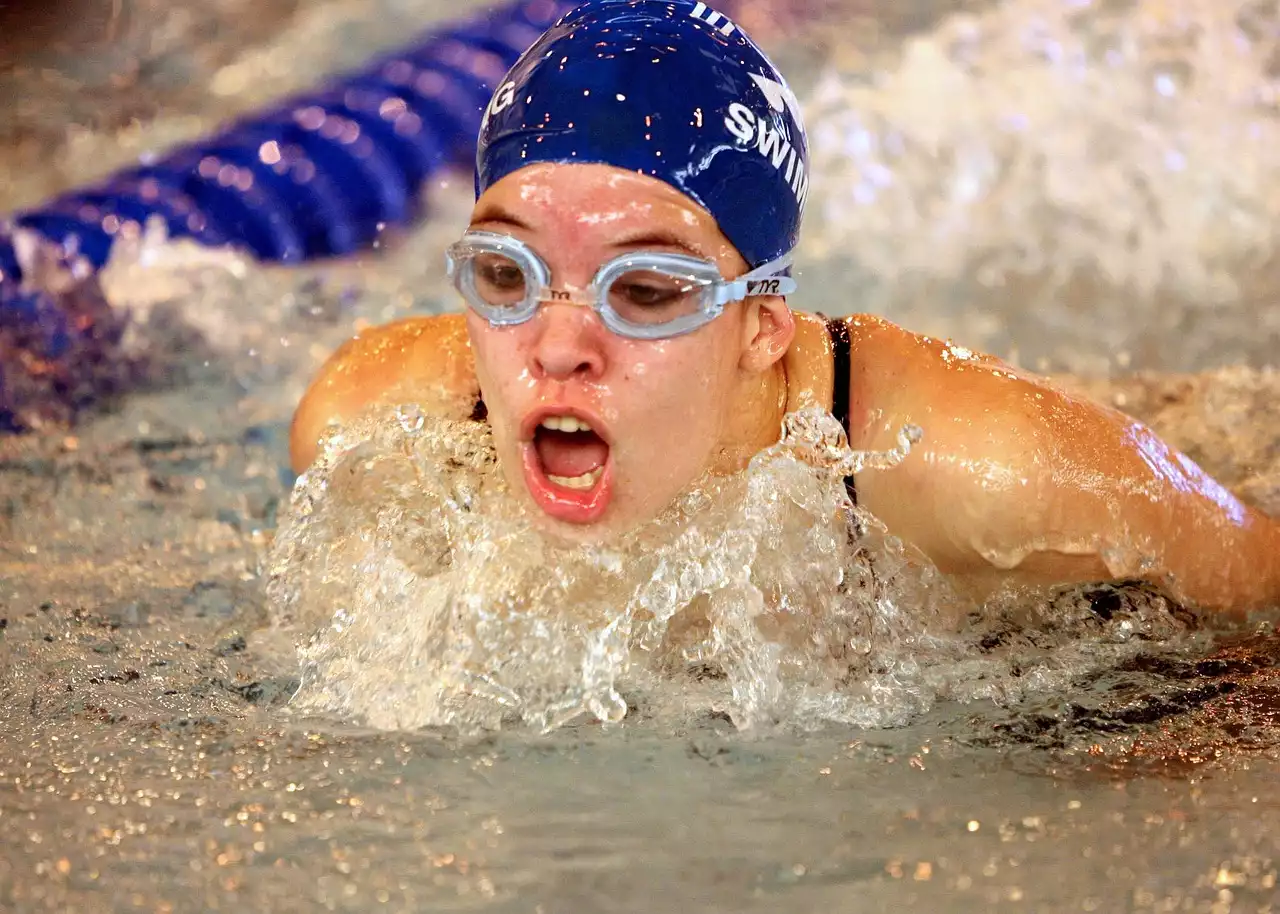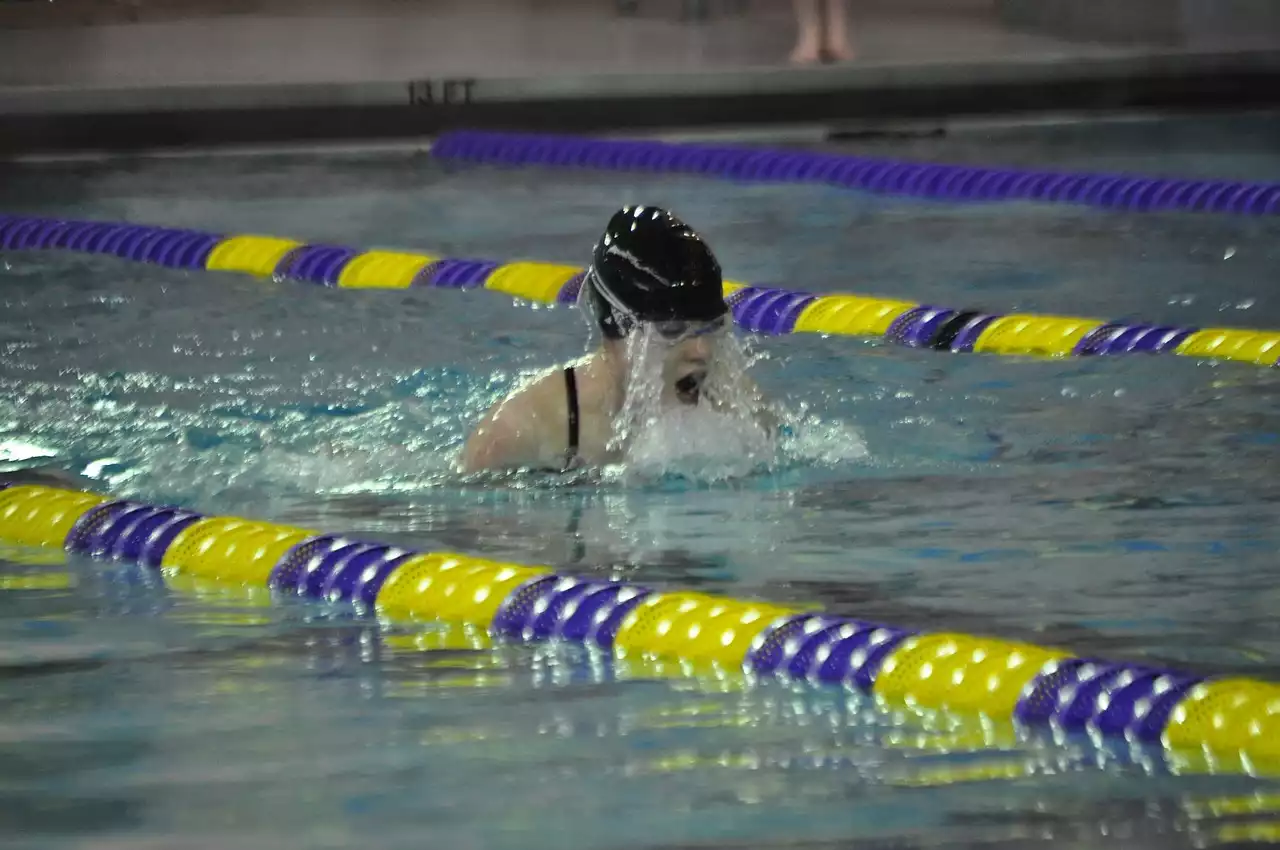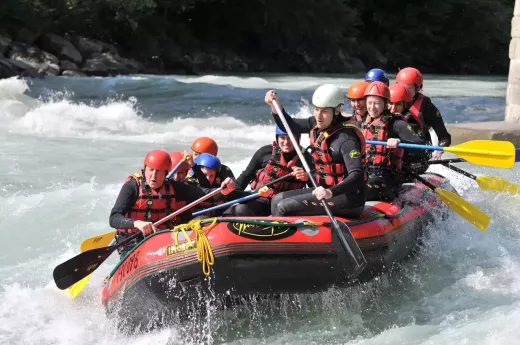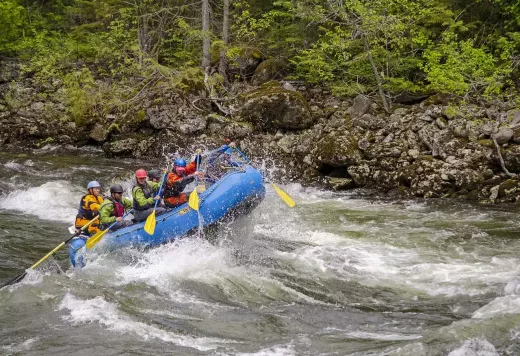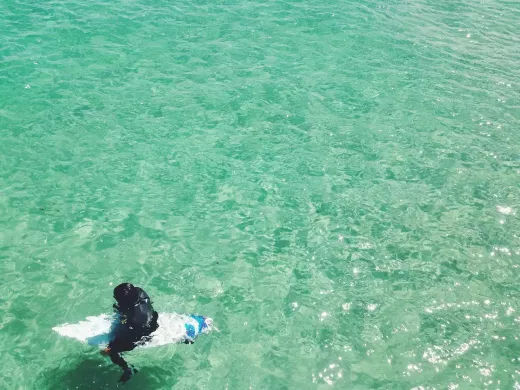Factors to consider when choosing a competitive swimming pool
The first step to choosing the right swimming pool for the competition is to assess your needs. Consider the size and shape of the pool, the number of swimmers, and the type of events you will be hosting. For example, if you are hosting a large competition with hundreds of swimmers, you will need a large pool with multiple lanes. Alternatively, if you are hosting a smaller competition with just a few swimmers, you can get away with a smaller, more intimate pool. Additionally, consider the type of events you will be hosting. For example, if you are hosting a backstroke event, you will need a pool with a deeper end, whereas a freestyle event can be hosted in a pool with a shallow end.
Once you have determined the size and shape of your pool, it is important to consider the length, depth, and temperature necessary for competitive swimming. The ideal pool length for competitive swimming is 25 meters (82 feet) and the ideal depth is 1.5 meters (4.9 feet) or deeper. In addition, the water temperature should be kept at a comfortable 25-27 degrees Celsius (77-81 degrees Fahrenheit). Keeping your pool at these ideal temperatures can help swimmers reach their peak performance.
The importance of maintaining the right temperature
It is important to note that the temperature of the water can have a significant effect on a swimmer’s performance. Swimming in cold water can make it harder for swimmers to move their muscles, leading to slower lap times. On the other hand, swimming in warmer water can reduce muscle tension, making it easier for swimmers to move through the water more efficiently. Therefore, it is important to maintain the ideal water temperature for your competition.
In addition to maintaining the ideal water temperature, it is also important to keep the pool water clean and clear. This means regularly testing the water for chemicals and ensuring that the pool is free of dirt, debris, and other contaminants. Keeping the pool clean can help swimmers stay healthy and prevent them from experiencing any discomfort while competing.
Finally, if you plan on hosting multiple competitions throughout the year, it is important to consider the weather. Outdoor pools are exposed to the elements and can be affected by extreme temperatures, strong winds, and heavy rain. If you plan on hosting competitions throughout the year, you may want to consider an indoor pool to ensure the water temperature and conditions remain consistent.
Necessary amenities for a competitive swimming pool
In addition to considering the length, depth, and temperature of your pool, it is also important to consider the necessary amenities for a competitive swimming pool. The most obvious feature is the starting blocks, which are used to mark the start of each race. Starting blocks are typically made of plastic or metal and must be securely attached to the pool deck. Additionally, many pools also have lane lines, which are used to separate each lane and keep swimmers in their designated lanes. Lane lines are usually made of plastic or rubber and must be securely attached to the pool deck.
In addition to starting blocks and lane lines, other features to consider include a timing system, backstroke flags, lane dividers, and a scoreboard. A timing system allows swimmers to track their times and monitor their progress. Backstroke flags are used to mark the end of each lap and signal the beginning of the next lap. Lane dividers are used to separate each lane, while a scoreboard can be used to display the results of each race.
Other features to consider for a competitive swimming pool
In addition to the necessary amenities, there are a few other features to consider when selecting a competitive swimming pool. One feature is an underwater viewing window, which allows coaches and officials to observe the swimmers without disturbing them. Another feature is a bulkhead, which is used to separate the deep and shallow ends of the pool and help swimmers transition from one end to the other. Finally, some pools also have a wave absorber, which helps reduce wave action and ensure a smooth race.
Tips for finding the perfect competitive swimming pool
Once you have determined the necessary features, you can begin your search for the perfect competitive swimming pool. Here are a few tips to help you in your search:
• Consider local pools: Many cities and towns have public pools that can be used for competitive swimming events. These pools are typically well-maintained and equipped with the necessary amenities, making them an ideal choice for competitions.
• Look for pools with experienced staff: When selecting a pool, it is important to look for one with experienced staff. The staff should be knowledgeable about competitive swimming and able to provide you with the necessary assistance and resources to ensure a successful event.
• Research the pool’s regulations: Before selecting a pool, it is important to research its regulations and policies, as these can have a significant impact on the success of your competition. Make sure to ask about any time or noise restrictions, as well as any safety regulations.
• Check the pool’s availability: It is important to check the pool’s availability before committing to it. Make sure to ask about any blackout dates, as well as any other restrictions that may prevent you from using the pool.
• Compare prices: Once you have narrowed down your search, it is important to compare prices. Some pools may offer discounts or special packages, so be sure to ask about these when evaluating your options.
